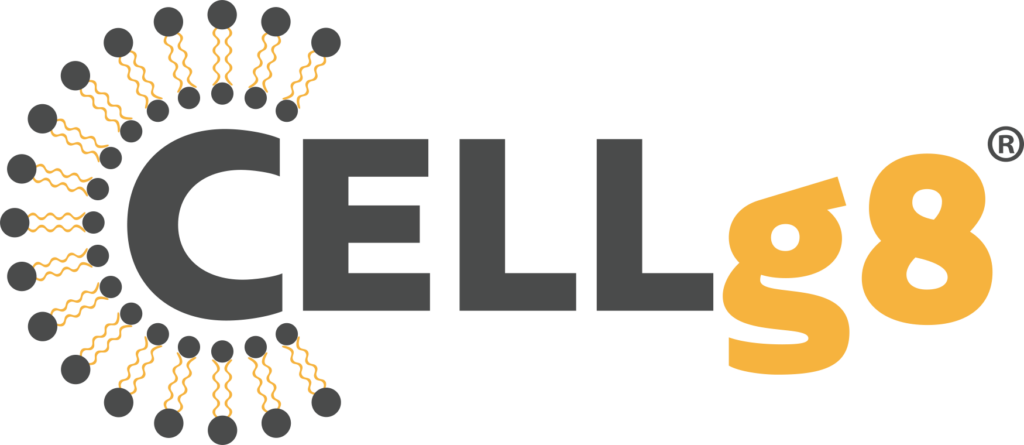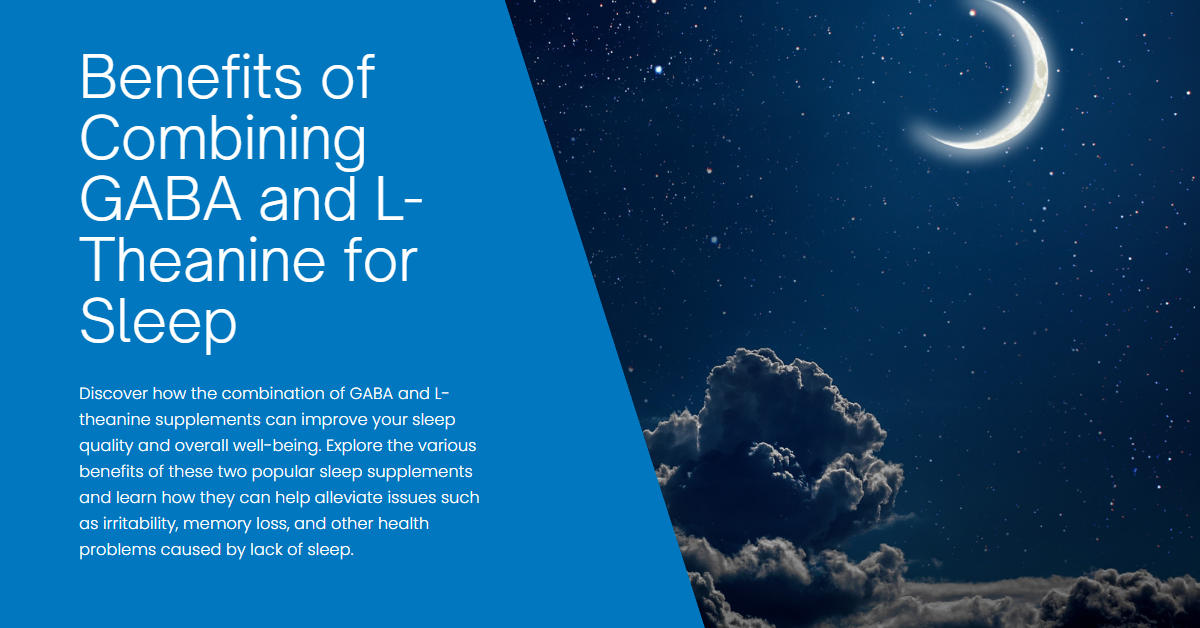Sleep is an essential part of our lives, and it is vital for overall well-being. Lack of sleep can lead to a range of issues, from irritability to memory loss, and it can even increase the risk of developing serious health problems. That’s why many people are turning to supplements to help them achieve better sleep. Two popular supplements for sleep are GABA and L-theanine. In this article, we’ll explore the benefits of combining these two supplements and how they can help you achieve better sleep.
Key Highlights
- The combination of GABA and L-Theanine can promote better sleep quality by promoting relaxation, reducing anxiety, and increasing alpha brain waves.
- The CELLg8® Liposomal SLEEP formula combines GABA, melatonin, and glutathione to provide a comprehensive approach to improving sleep quality.
- Glycine is another supplement that has been found to improve sleep quality and duration, making it a potential additional supplement to consider for those struggling with sleep issues.
What is GABA?
Gamma-aminobutyric acid (GABA) is a neurotransmitter that is naturally produced by the brain. It plays a crucial role in regulating brain activity and helps to reduce anxiety, promote relaxation, and improve sleep quality. GABA works by blocking certain neurotransmitters that can cause excitability in the brain, leading to a calming effect.
What is L-Theanine?
L-theanine is an amino acid that is found in tea leaves, primarily in green tea. It has been found to promote relaxation and reduce stress and anxiety without causing drowsiness. L-theanine works by increasing alpha brain waves, which are associated with relaxation and mental alertness.
The Benefits of Combining GABA and L-Theanine for Sleep
When taken together, GABA and L-theanine can enhance each other’s effects, leading to better sleep quality. GABA can help to promote relaxation and reduce anxiety, while L-theanine can help to increase alpha brain waves and improve mental alertness. This combination can help to promote a more relaxed state of mind, making it easier to fall asleep and stay asleep.
Another benefit of combining GABA and L-theanine is that they have a synergistic effect on stress reduction. Both supplements have been found to reduce stress and anxiety, and when taken together, they can amplify each other’s effects, leading to a more significant reduction in stress levels. This can be especially beneficial for people who have trouble sleeping due to high levels of stress.
CELLg8® Liposomal SLEEP Formula
CELLg8® Liposomal SLEEP formula is a dietary supplement that combines GABA, melatonin, and glutathione to promote better sleep. This formula also includes liposomes, which are small vesicles that can help to increase the absorption of the active ingredients.
Melatonin is a hormone that is naturally produced by the body and helps to regulate sleep-wake cycles. Supplemental melatonin has been found to be effective in improving sleep quality, especially in people who have trouble falling asleep.
Glutathione is a powerful antioxidant that helps to reduce oxidative stress in the body. It has been found to improve sleep quality and duration in people with sleep disorders.
Combining GABA and L-theanine can be an effective way to improve sleep quality, reduce stress levels, and promote relaxation. When taken together, these two supplements can enhance each other’s effects, leading to better overall sleep. Additionally, the CELLg8® Liposomal SLEEP formula, which combines GABA, melatonin, and glutathione, can provide an even more comprehensive approach to improving sleep quality. If you are struggling with sleep issues, consider incorporating GABA and L-theanine into your supplement routine and exploring the benefits of the CELLg8® Liposomal SLEEP formula.
Citation List
Abdou, A. M., Higashiguchi, S., Horie, K., Kim, M., & Hatta, H. (2006). Relaxation and immunity enhancement effects of γ-aminobutyric acid (GABA) administration in humans. BioFactors, 26(3), 201-208. doi: 10.1002/biof.5520260304
Kimura, K., Ozeki, M., Juneja, L. R., & Ohira, H. (2007). L-Theanine reduces psychological and physiological stress responses. Biological Psychology, 74(1), 39-45. doi: 10.1016/j.biopsycho.2006.06.006
Yamadera, W., Inagawa, K., Chiba, S., Bannai, M., Takahashi, M., & Nakayama, K. (2005). Glycine ingestion improves subjective sleep quality in human volunteers, correlating with polysomnographic changes. Sleep and Biological Rhythms, 3(1), 57-63. doi: 10.1111/j.1479-8425.2004.00142.x
Bannai, M., Kawai, N., Ono, K., Nakahara, K., & Murakami, N. (2012). The Effects of Glycine on Subjective Daytime Performance in Partially Sleep-Restricted Healthy Volunteers. Frontiers in Neurology, 3, 61. doi: 10.3389/fneur.2012.00061







